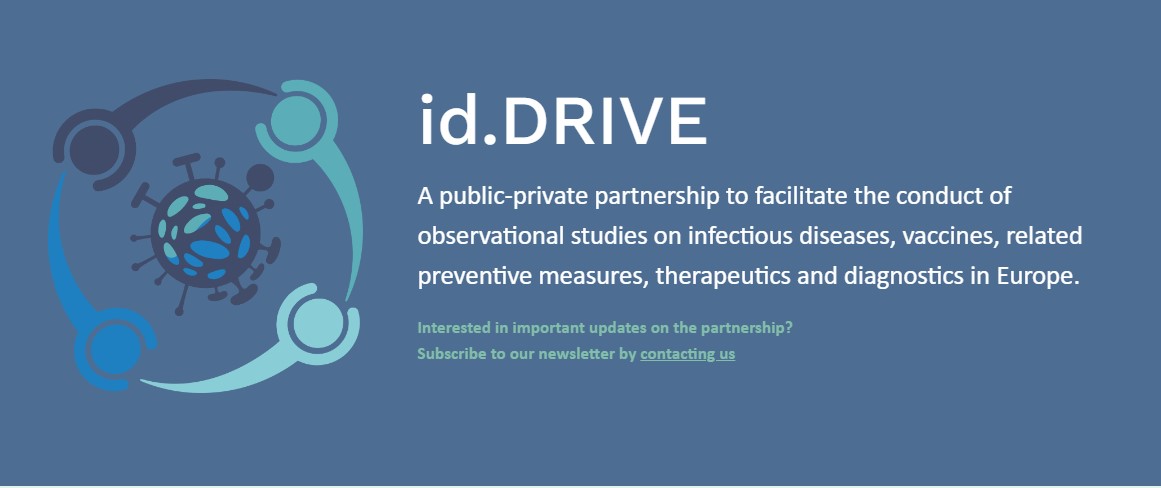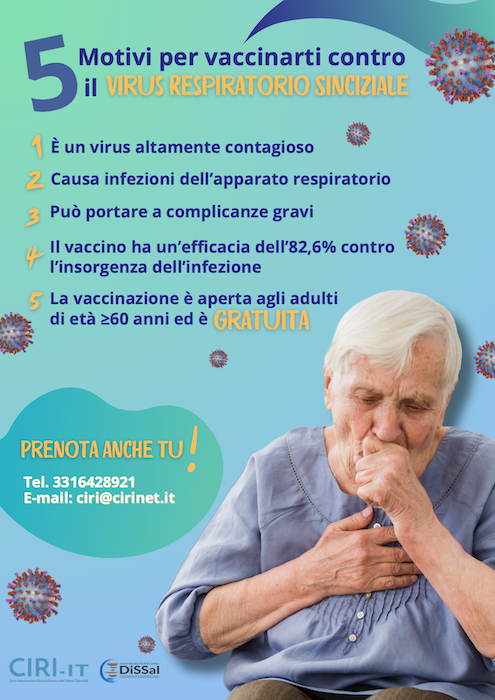In the aftermath of the COVID-19 pandemic, awareness has significantly increased regarding the importance of monitoring the global impact of acute respiratory infections (ARI) and assessing the contribution of individual pathogens to the overall ARI burden. In recent years, viral respiratory infections have had a significant impact on public health, healthcare systems, and the global economy. Therefore, the surveillance of respiratory viral infections is crucial.
For this reason, the COVIDRIVE public-private consortium—created during the COVID-19 pandemic to conduct COVID-19 vaccine effectiveness studies—has evolved into ID.DRIVE.
The new partnership includes the following research lines:
Surveillance of respiratory pathogens in adults subjects hospitalized for SARI
The aim is to observe which respiratory viruses are responsible for hospitalizations in patients aged >18 years diagnosed with severe acute respiratory infection (SARI). The study also investigates how many SARI patients are hospitalized, the seasonal distribution of SARI cases, and the demographic and clinical characteristics of enrolled patients.
Real-world effectiveness of COVID-19 vaccines (COVIDRIVE)
This study aims to evaluate the post-marketing effectiveness of COVID-19 vaccines in patients aged >18 years who are hospitalized with SARI.
Brand-specific real-world effectiveness of respiratory syncytial virus (RSV) vaccines
The purpose is to assess the post-marketing effectiveness and duration of protection of RSV vaccines in preventing severe disease in subjects aged >60 years. The study also explores the vaccines’ ability to target specific viral strains and their level of protection in particularly vulnerable populations, such as those with chronic conditions.
These studies are conducted in multiple European countries.
In Italy, the IRCCS Policlinico San Martino is part of the national network coordinated by the Interuniversity Centre for Research on Influenza and Other Transmissible Infections (CIRI-IT), which also includes the Universities of Bari, Milan, Rome, Siena, and Pisa.






